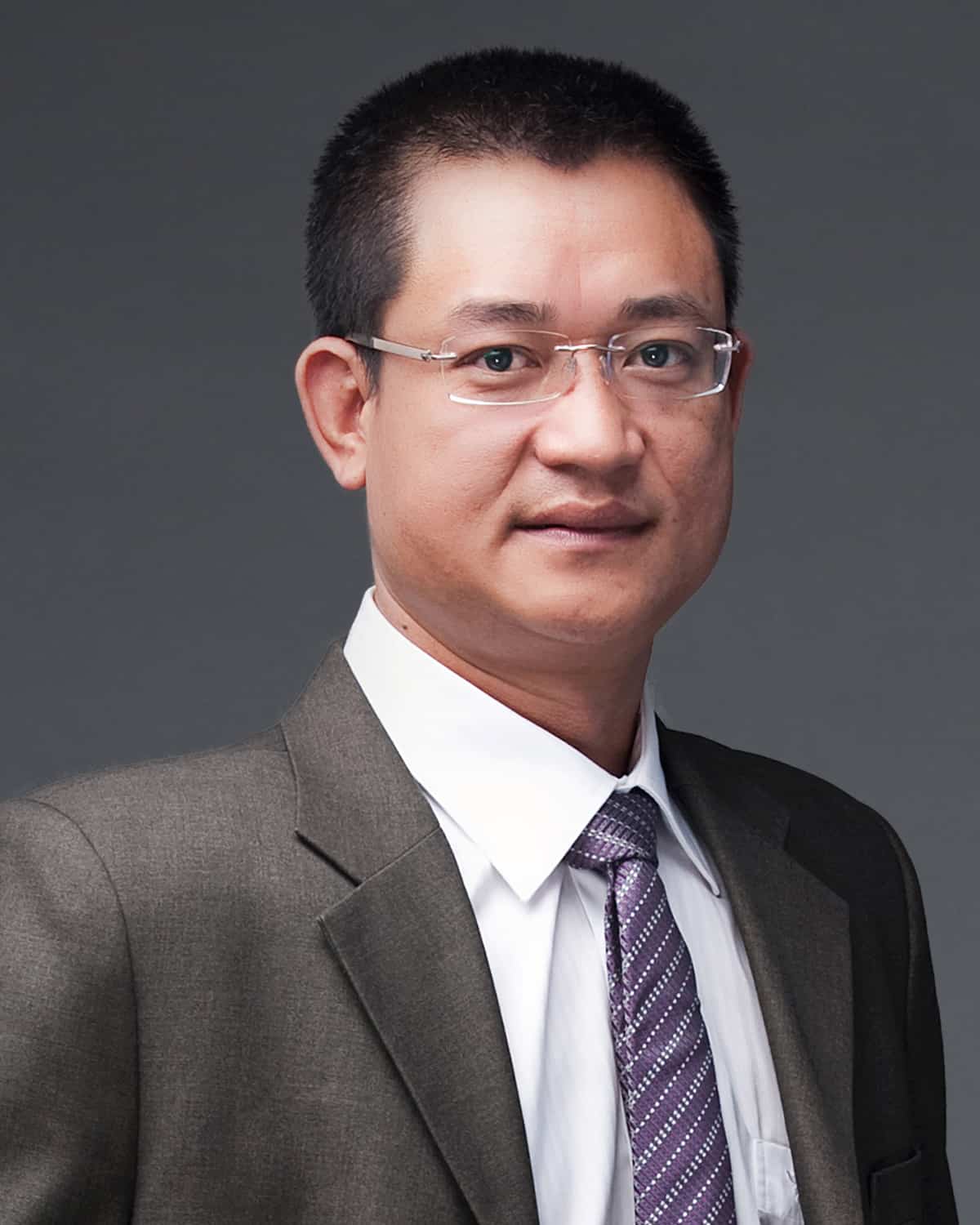
In October 2015, the National Office of Intellectual Property of Vietnam (NOIP) signed its first Patent Prosecution Highway (PPH) agreement with the Japanese Patent Office (JPO) to enable accelerated patent examination. The PPH will be implemented on a trial basis beginning on April 1, 2016. During the test period, the number of requests under the PPH will be limited to 100 per year.
At present, there are two accelerated examination procedures available in Vietnam. Firstly, the standard procedure requires an applicant to file a request for accelerated examination. In practice, in addition to the request, the applicant needs to receive the approval of the responsible examiner for an accelerated examination on a case-by-case basis. The NOIP will accept or refuse the request depending on the results of a quick assessment of patentability, and the NOIP’s backlog.
Requests are typically only accepted under the following circumstances:
- A highly reputable patent office such as the EPO, JPO, or USPTO has allowed the corresponding patent; and
- The applicant agrees to file a preliminary amendment to conform the claims of the Vietnamese application to the granted claims of the corresponding foreign patent.
As the backlog is usually large, the NOIP tends to refuse such requests.
The second procedure is the ASEAN Patent Examination Cooperation (ASPEC) program. An applicant can file a request under the ASPEC program if:
- The Vietnamese application links to one or more applications filed in the other participating patent offices (Brunei Darussalam, Cambodia, Indonesia, Lao PDR, Malaysia, the Philippines, Singapore, or Thailand) by one or more priority applications; and
- A search report and an examination report have been issued by any of the other participating patent offices, and at least one claim is considered to be allowable in accordance with the examination report.
When such a request is filed, the examination processes at the NOIP can be advanced out of turn for the patent application in question.
However, Vietnamese examiners have been reluctant to rely on the examination results of smaller, less experienced ASEAN patent offices. As stated above, Vietnamese examiners tend to pay greater deference to the examination results of large patent offices such as the EPO, JPO, USPTO, and SIPO, if available. Specifically, if a patent is granted by one of the large patent offices on a corresponding application, examiners would suggest the applicants to conform their application to the granted patent. If the application is thus amended, a Vietnamese patent will soon be granted on the application. As a result, the ASPEC program so far has not been as effective as hoped. Few requests have been submitted so far.
As the two existing procedures have had limited effectiveness, the PPH may be a route to meet the increasing needs of applicants who wish to obtain patents quickly, and may also help to reduce the backlog at the NOIP and improve the quality of examination.
Hopefully, the PPH will work well and will be expanded after the trial period, so that more and more PPH requests per year can be accepted by the NOIP. If the Japan-Vietnam PPH is successful, it is believed that the NOIP will consider signing additional PPHs with other patent offices.
In the meantime, practitioners in Vietnam continue to proactively contact examiners to inform them when corresponding patents are granted abroad and offer to conform to the granted patents in seeking the acceleration of patents informally.
